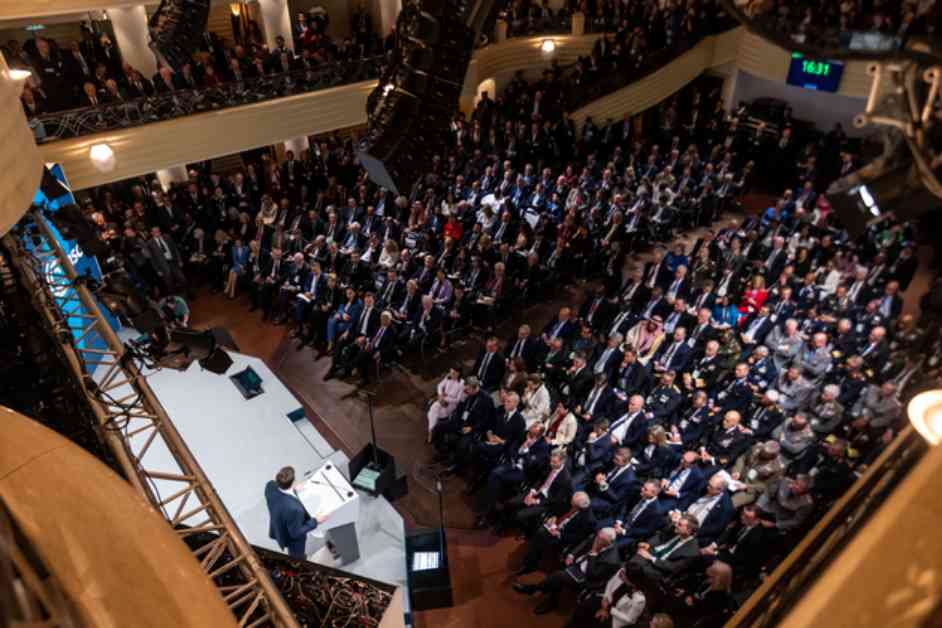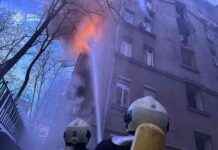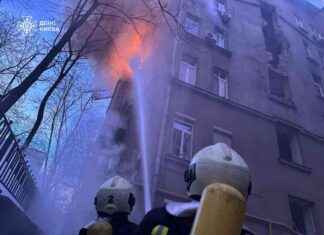The 61st Munich Security Conference (MSC) kicked off in Bavaria with a flurry of alarming events and public statements that sent shockwaves through the Ukrainian leadership and population. The tension began to mount when US officials started making significant remarks regarding the future of the Russo-Ukrainian war, coinciding with the start of the conference. The anticipation for the conference had been building up, with rumors and uncertainty swirling around the potential outcomes.
**A Week of Mixed Signals**
The unsettling series of events leading up to the MSC began with Trump’s announcement about his phone conversation with Russian leader Vladimir Putin, sparking concerns in Kyiv that a “peace deal” might be in the works behind Ukraine’s back. The following day, America’s defense secretary, Pete Hegseth, made headlines by stating that Ukraine’s NATO membership was an impossibility and that returning to its pre-2014 borders was an unrealistic objective. However, he later backtracked on his comments, claiming that “everything is on the table.” A planned meeting between Ukrainian President Zelensky and US officials like Marco Rubio and Vice President J.D. Vance was mysteriously postponed, adding to the air of uncertainty ahead of the conference. Vance, in a pre-MSC briefing with reporters, hinted at possible sanctions against Russia if a peace deal with Ukraine fails to materialize.
**Key Themes Emerge at the Conference**
Despite the turbulent lead-up to the MSC, the first day of the official conference brought several crucial themes to the forefront in discussions about the future of the Russo-Ukrainian conflict. Ursula von der Leyen, the Head of the EU Commission, delivered a positive message emphasizing the need for increased defense spending and closer collaboration between Europe and NATO. She stressed the importance of pan-European defense projects and accelerated EU accession for Ukraine, highlighting the continent’s commitment to peace and stability in the region.
**Challenges to Democracy and Security**
In a thought-provoking speech, US Vice President J.D. Vance shifted the focus to Europe’s democratic decline, citing concerns about the erosion of fundamental values and democratic processes. He drew attention to instances like Romania annulling election outcomes due to alleged Russian meddling, igniting a debate on the state of democracy within the continent. Vance urged European nations to listen to their voters and address pressing issues like mass migration to ensure stability and security. Meanwhile, German President Frank-Walter Steinmeier emphasized the importance of upholding the rules-based global order and called out tech giants for exerting undue influence on democratic institutions.
**Debates and Diplomacy**
As the conference unfolded, German officials like Defense Minister Boris Pistorius engaged in spirited debates responding to Vance’s comments and underscoring the urgency of addressing the Russian invasion of Ukraine. Pistorius defended Germany’s democratic process, highlighting the country’s commitment to upholding democratic values and resisting autocratic influences. Foreign Minister Annalena Baerbock echoed concerns about the potential repercussions of a false peace in Ukraine, warning against normalizing relations with Putin’s Russia. The discussions culminated in a panel session led by Ukrainian President Zelensky, where he advocated for a united front against Russian aggression and shared insights on potential peace talks with key leaders like Trump.
The second day of the MSC promises more insightful discussions and debates on the future of the Russo-Ukrainian war, as global leaders grapple with complex geopolitical challenges and diplomatic maneuvers. Stay tuned for further updates on the evolving dynamics shaping the security landscape in Europe and beyond.

















